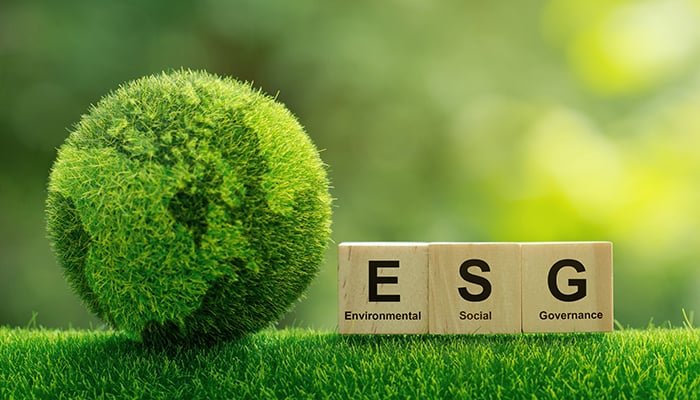The Hidden Risks of ESG Complacency: Why Standing Still Could Be the Biggest Reputational Risk of All
(Source Credits: Sustainability Risk Review)
In recent years, Environmental, Social, and Governance (ESG) has become a corporate standard. Yet according to a recent piece by Sustainable Brands, this familiarity may have bred the very thing it set out to avoid: complacency.
As regulators ease pressure or shift priorities, many businesses quietly reduce their ESG oversight. But the risks don’t fade just because the rules do. When scrutiny drops, blind spots widen. And those blind spots whether in labour practices, environmental safety, or supplier integrity can cost companies far more than compliance ever did.
When Regulation Loosens, Risk Rises
The Supplier Blind Spot: The largest ESG failures rarely come from a company’s own walls. They happen deep in supplier networks among contractors, recyclers, or raw-material providers where visibility is weakest and accountability murkiest.
The Illusion of Safety: Deregulation can create a false sense of calm. As compliance checklists shrink, companies may assume risk has disappeared. In reality, it’s only become harder to see.
Governance Over Compliance: The article argues that ESG must evolve from a set of reports to a system of governance. It has to live at the board level, guiding strategy, supplier selection, and operational audits not sit in an annual CSR presentation.
Trust as a Business Asset: ESG complacency doesn’t just damage the planet or communities; it damages brands. A single supplier-level violation can erase years of reputation building, erode investor trust, and disrupt entire supply chains.
The Circular Economy Can’t Afford Complacency
This lesson hits especially close to home for the plastics and recycling industry. The value chains that feed the circular economy collection, sorting, recycling, and reprocessing are built across multiple layers of sub-contracted, decentralised networks.
When oversight relaxes, it’s not just data that gets lost; people do. Waste pickers, aggregators, and small recyclers become invisible again, even though they carry the system on their shoulders.
For companies sourcing recycled plastics, ESG complacency can manifest as:
Traceability gaps in post-consumer material.
Ethical risks in informal collection networks.
Quality and compliance failures that compromise product integrity.
Without active governance, sustainability collapses under its own weight.
Our Solution at Plastics For Change:
(Source Credits: Plastics For Change)
We’ve built systems that guard against ESG drift not through more paperwork, but through human integration.
Fair-trade-verified supply chains ensure that waste pickers and aggregators, often the most invisible workers, are formally recognised, fairly paid, and protected.
Transparent material traceability gives brands real-time visibility into where their recycled plastic comes from, ensuring quality and accountability throughout the chain.
Long-term brand partnerships embed ESG resilience into procurement not as a compliance task, but as an operational design principle.
Even when regulation relaxes, the structure remains as it’s a commitment to principle. Sustainability should not depend on the political or regulatory climate. It should depend on values, verification, and vigilance.
The cost of doing nothing right now is always higher than the cost of doing something right. And in every bag, bottle, and bale of recycled plastic we recover, we’re proving that business can stay accountable even when no one’s watching.
For Procurement and Sustainability Leaders: Three Actions to Take Now
Embed ESG in Sourcing Governance: Move sustainability from CSR teams to your core supply-chain strategy. Every contract and supplier onboarding must include clear ESG metrics.
Audit Beyond Compliance: Map your value chain down to the waste collector. Use traceability technology and fair-trade-verified suppliers to close the last-mile gap.
Partner for Integrity: Collaborate with social enterprises like Plastics For Change that integrate ethical collection, verified recycling, and social inclusion into one ecosystem.
Plastics For Change is a social enterprise building fair-trade-verified, traceable supply chains for recycled plastics. By connecting global brands with waste-picker communities, we turn the plastic waste crisis into an engine for social and environmental good.
Learn more at plasticsforchange.org


